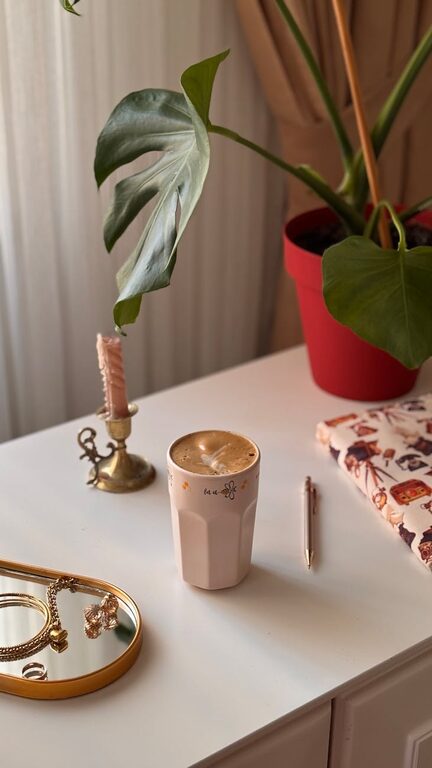How to Create a Relaxing Home Workspace for Better Focus

Creating a relaxing home workspace is essential, especially as many people spend more time working from home. A calm and organized environment not only reduces stress but also enhances focus and productivity. Whether you have a small corner or a dedicated room, there are ways to design a workspace that feels peaceful and inviting.
Why a Relaxing Workspace Matters
The space where you work significantly influences your mood and efficiency. A cluttered, noisy environment can increase stress and reduce your ability to concentrate. In contrast, a relaxing workspace promotes calmness, helping you stay focused and motivated throughout the day.
Step 1: Choose the Right Spot
Start by selecting a location that suits your needs:
– Natural Light: Pick a spot near a window if possible. Natural light improves mood and reduces eye strain.
– Quiet Area: Find a space with minimal distractions, away from household noise and high-traffic zones.
– Space Considerations: Make sure you have enough room for your essentials—desk, chair, and any storage you need.
Step 2: Invest in Comfortable Furniture
Comfort is key to staying relaxed while working:
– Ergonomic Chair: Choose a chair that supports your back and encourages good posture.
– Appropriate Desk Height: Your desk should allow your elbows to be at a 90-degree angle when typing.
– Footrest: If your feet don’t rest flat on the floor, consider using a footrest to maintain comfort.
Step 3: Declutter and Organize
A tidy workspace significantly reduces visual stress:
– Limit Desk Items: Keep only daily essentials on your desk.
– Storage Solutions: Use shelves, drawers, or boxes to organize supplies.
– Cable Management: Use clips or sleeves to keep cords neat and out of sight.
Step 4: Personalize Your Space Calmly
Adding personal touches can make your workspace inviting but keep it simple to avoid distractions:
– Plants: Small indoor plants can improve air quality and add a sense of calm.
– Art and Photos: Choose a few pieces that inspire or soothe you.
– Color Scheme: Soft, neutral colors often promote relaxation, but a splash of your favorite color can boost mood.
Step 5: Control Lighting
Proper lighting reduces eye strain and creates ambiance:
– Natural Light: As mentioned earlier, maximize it during the day.
– Task Lighting: Use adjustable desk lamps for focused work areas.
– Ambient Lighting: Soft, indirect lighting can help reduce harsh shadows in the room.
Step 6: Minimize Noise
If your workspace is noisy, consider these options:
– Noise-Canceling Headphones: Great for blocking distractions.
– Background Music: Soft instrumental music or nature sounds can enhance concentration.
– Soundproofing: Adding rugs, curtains, or acoustic panels may help absorb sound.
Step 7: Incorporate Break Areas
Even within a small home workspace, having a spot to step away briefly can refresh your mind:
– Comfortable Chair or Cushion: Use it for short breaks or mindful breathing exercises.
– Water or Tea Station: Staying hydrated promotes wellbeing and comfort.
Step 8: Set Boundaries and Routines
A relaxing space is supported by habits:
– Regular Breaks: Step away periodically to stretch or relax.
– Dedicated Work Hours: Set clear times for work to avoid burnout.
– End-of-Day Ritual: Close your workspace or clean your desk to signal the end of the workday.
Final Thoughts
Creating a relaxing home workspace is about balancing functionality with comfort. By thoughtfully arranging your space, selecting comfortable furniture, and adding personal yet calming touches, you can build an environment that supports your work goals and well-being. Taking time to design a space you enjoy will help you stay productive and at ease throughout your workday.
Give these tips a try and adjust as needed to create a workspace that’s just right for you!




